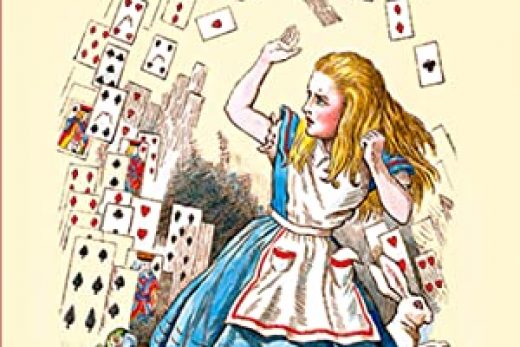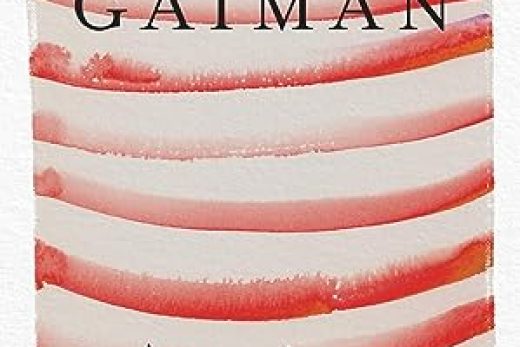In this essay, we will explore the complex and fascinating world of Recursion, a novel by Blake Crouch. This gripping story takes us on a journey through the realms of memory and time, as its characters grapple with the consequences of their actions and the power of the human mind. We will discuss the key themes, narrative structure, and the questions raised by this thought-provoking work of fiction.
Recursion revolves around two central characters: Barry Sutton, a New York City cop, and Helena Smith, a gifted neuroscientist. As their lives intersect, they become entwined in a struggle to understand and control a powerful technology that allows people to revisit and alter their memories. This seemingly miraculous invention, known as the Memory Chair, has the potential to revolutionize the world – but also to unleash unforeseen and devastating consequences.
One of the primary themes in Recursion is the nature of memory and its role in shaping our reality. The novel explores the idea that our memories are not just passive records of the past, but active forces that influence our present actions and emotions. By allowing characters to manipulate their memories, Crouch raises intriguing questions about the ethics of altering the past and the possible impact on personal identity and relationships.
Another central theme is the concept of time and the illusion of control. As the story unfolds, characters are faced with the realization that their attempts to change the past can lead to unforeseen consequences, with each alteration creating a ripple effect that alters the fabric of reality. This serves as a cautionary tale about the dangers of tampering with the natural order of things and the limits of human control over the forces of time.

A: The title, “Recursion,” refers to a concept in mathematics and computer science where a function or process repeatedly calls itself, often resulting in complex patterns and structures. In the context of the novel, recursion serves as a metaphor for the endless cycles of memory manipulation and the resulting feedback loops that characters experience.
Q: How does the Memory Chair technology affect the characters and their relationships?
A: The Memory Chair technology in Recursion has profound effects on the characters and their relationships. By allowing them to alter their memories, the technology forces them to confront their deepest fears, desires, and regrets. As a result, relationships are tested, and characters must grapple with the ethics of altering their own and others’ memories, ultimately discovering the true nature of love, loss, and sacrifice.
Q: Does the novel offer any insights or commentary on the ethics of memory manipulation?
A: Yes, Recursion raises critical questions about the ethics of memory manipulation. The novel explores the potential consequences of altering memories, both for individuals and for society as a whole. As the story unfolds, the characters grapple with the moral implications of their actions, forcing the reader to consider the ethical boundaries of such a powerful technology.
In conclusion, Recursion by Blake Crouch is a captivating and thought-provoking novel that delves into the complex relationship between memory, time, and the human experience. Through its engaging narrative and multidimensional characters, the book raises essential questions about the nature of reality, the ethics of altering the past, and the limits of human control over the forces of time.









